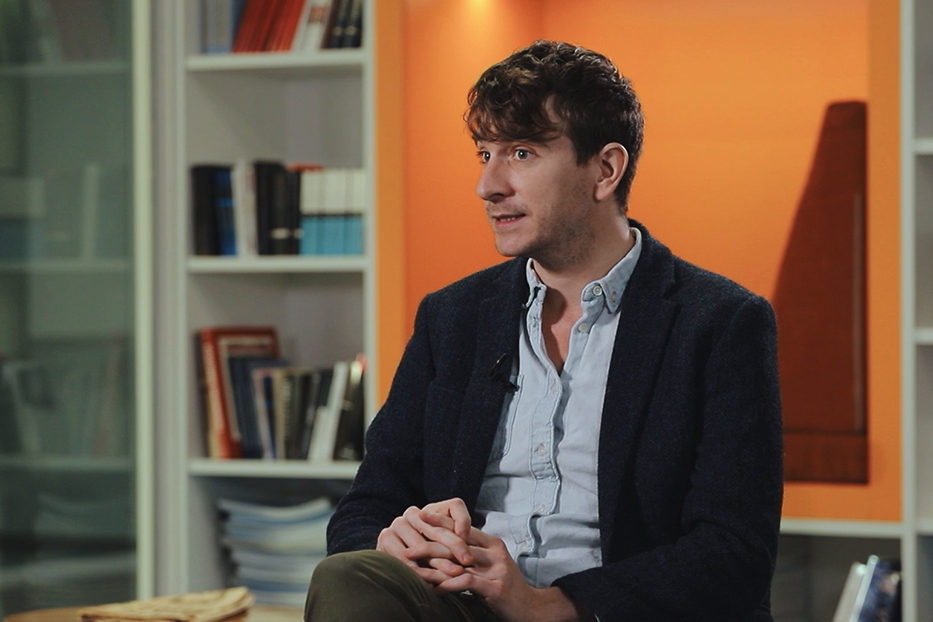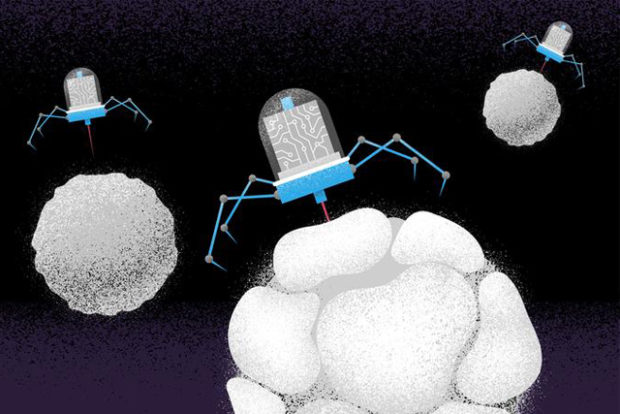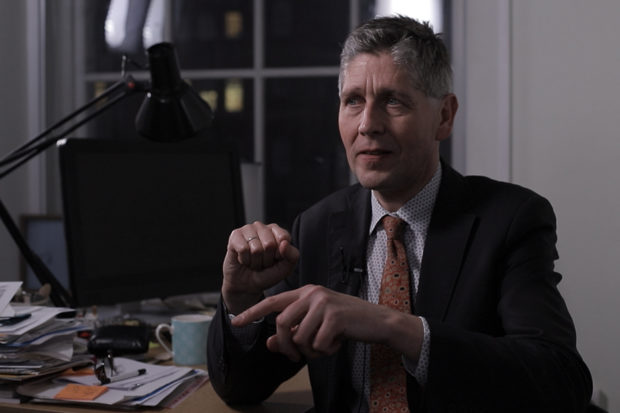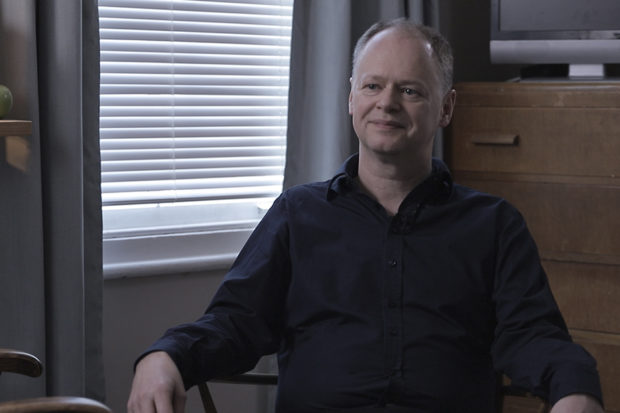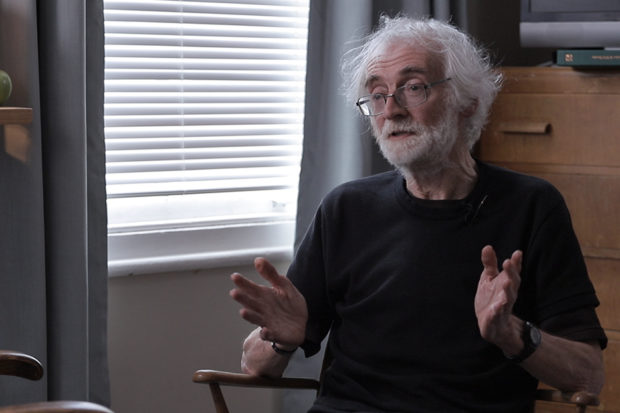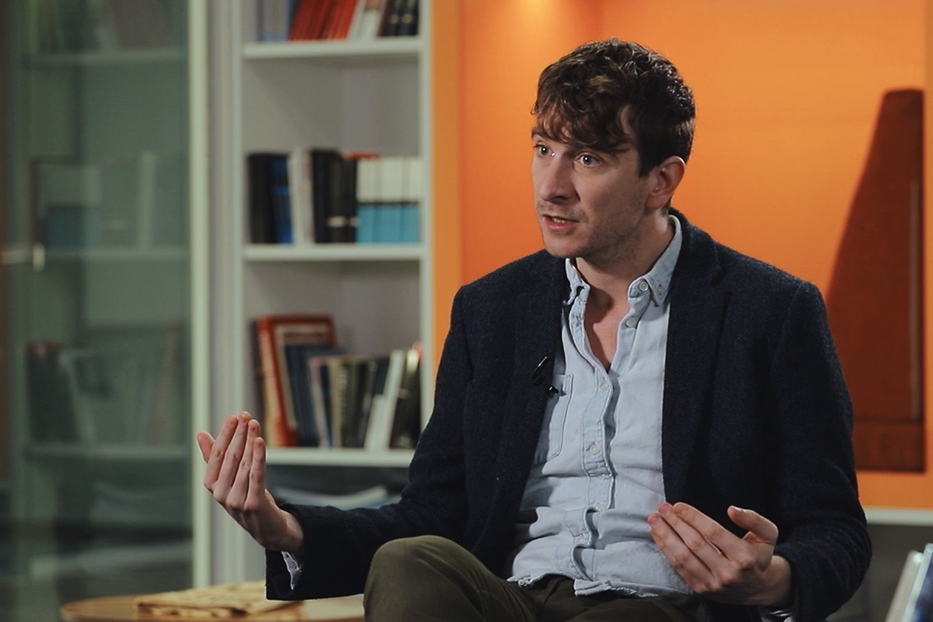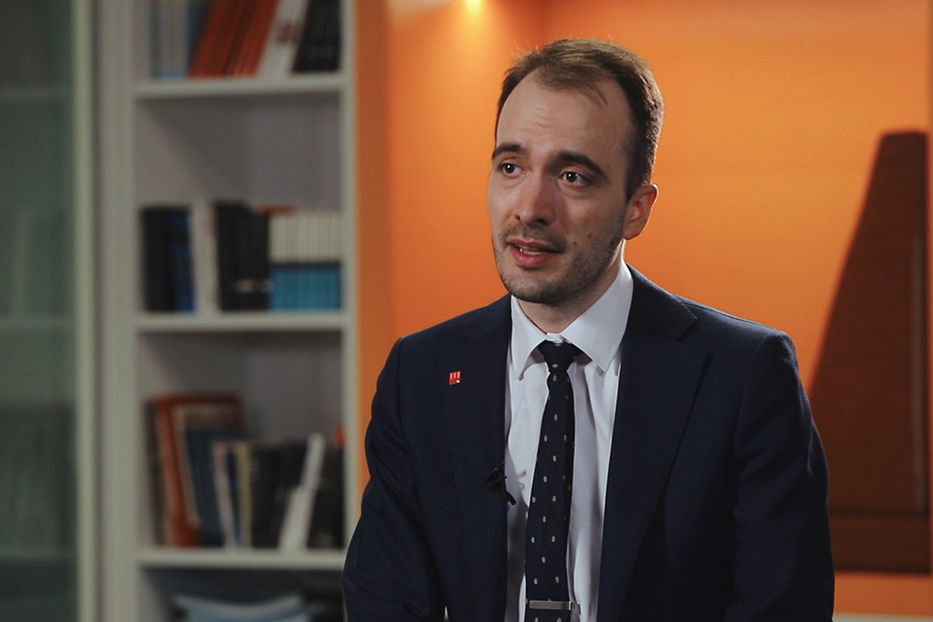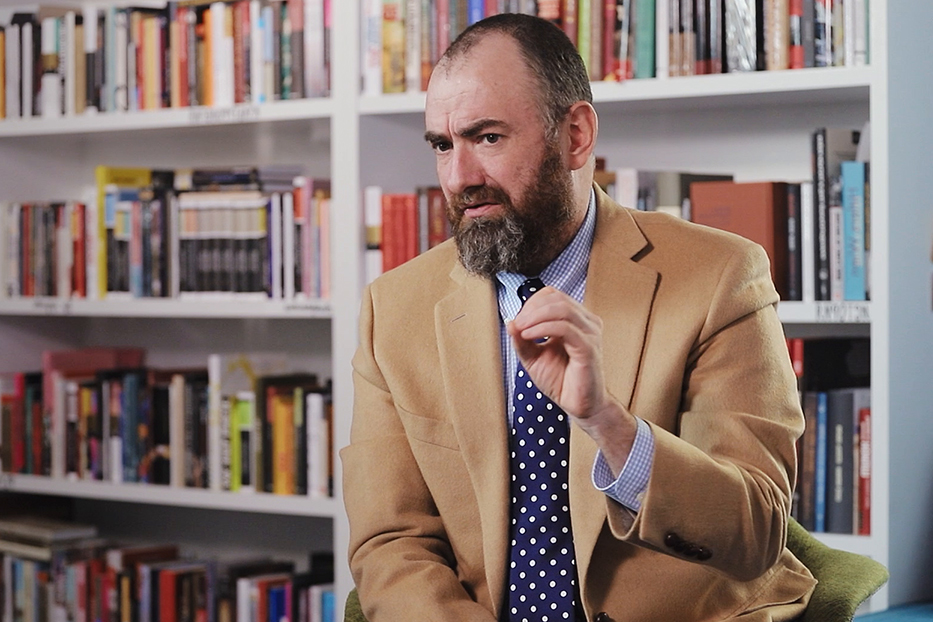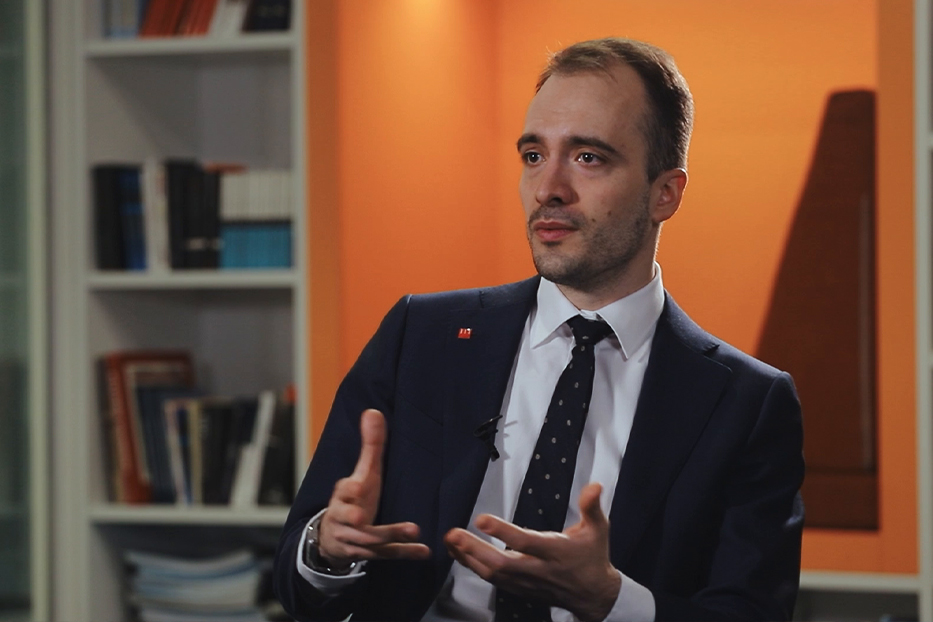Nanotechnology and Medicine
Biomedical engineer Robert Langer on drug delivery, treating cancer, and problems of introduction of new methods in medicine
videos | May 8, 2014
Can nanotechnology help us to treat cancer? How much time does it take to make progress in this field? Professor of Chemical and Biomedical Engineering at Massachusetts Institute of Technology Robert Langer speaks on benefits and challenges of medical nanotechnology.
One of the things that people are doing, and that’s very important for new drugs, there are new what I call genetic drugs, drugs like siRNA that can turn genes off, or DNA or mRNA that can turn genes on. But there are also those new molecules, one of the biggest impediments to getting them to be used right clinically, is their delivery to the target cell. But again one of the strategies that people are using – could you incorporate those molecules, the DNA or the siRNA and so forth, could you encapsulate them in nanoparticles, could you direct the nanoparticle to go to just the cell that you want, let’s say, the liver or some other cell type in the body. And by doing so you can have all kinds of new medicines that are highly specific that can shut genes off or maybe turn them on and treat different enzyme deficiency diseases and maybe other diseases.
Our laboratories are working on a number of problems related to medical nanotechnology. One is can we get high-yield sort of drug encapsulated in the nanoparticles? Two – can we create nanoparticles that will be very specifically targeted to specific cell types, like say, prostate cancer? Three – can we put more complex drugs like siRNA, or mRNA, or DNA in them? Four – can we demonstrate this that they work in animal models? And five – can we work with people, clinicians and companies, to show that they work in human models?
With any new medical therapy there are always risks. Sometimes the chemicals you use are risky. I don’t think there is anything inherently risky about nanotechnology but I think any new concept – there is some risk. I think what’s been exciting about nanotechnology is that there is a lot of new principles of material science where people might understand better how to create the right materials for nanoparticles, how one might be able to create the right surfaces. I also think that there is a lot we can understand about the interface of materials and nanoparticles with biology, with animals, with cells, with the human body.













